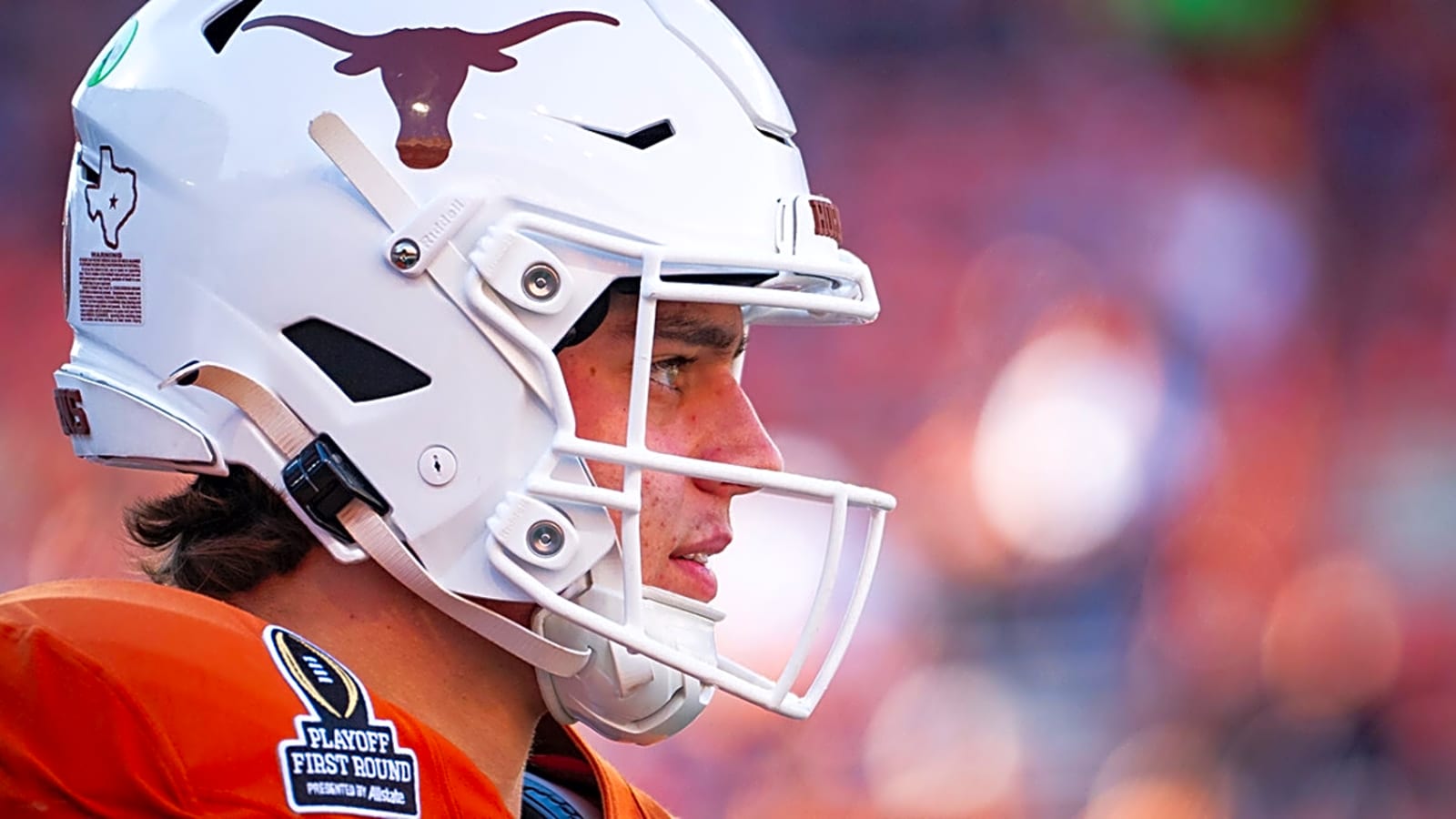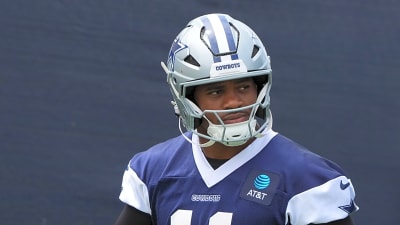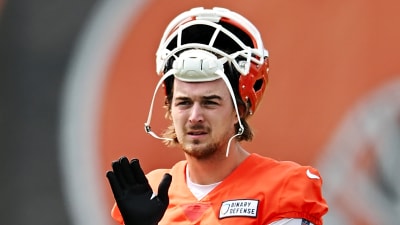
On Tuesday, the NCAA announced significant news, revealing an official partnership with Venmo to help combat the harassment of collegiate athletes. Many athletes have reported receiving unsolicited financial requests from gamblers and losing sports bettors tied to their performances.
As part of the partnership, Venmo will establish a dedicated hotline for athletes to report harassment, provide enhanced education on account security, and step up monitoring to curb abuse on its platform.
NCAA President Charlie Baker emphasized the importance of the initiative, issuing a strong statement on the seriousness of protecting college athletes
“The harassment we are seeing across various online platforms is unacceptable, and we need fans to do better,” Charlie Baker said. “We applaud Venmo for taking action, and we need more social media companies and online platforms to do the same. Several states have passed laws to crack down on this behavior to protect student-athletes, and we hope more do the same because stopping this abuse requires action on multiple fronts.”
Payments processor and social media platform Venmo on Tuesday announced a partnership with the National Collegiate Athletic Association (NCAA) to curb online harassment of student-athletes, a portion of which has been attributed to aggrieved gamblers. pic.twitter.com/9p7X7DGPMU
— InGame (@InGameHQ) August 26, 2025
This partnership comes at a critical time with the college football season set to begin, as football remains one of the most heavily bet-on sports worldwide.
According to "25 News," as of June 2025, NCAA football and the NFL rank as the third- and fourth-most wagered-on sports globally, behind only soccer and basketball. Unlike those sports, which have longer seasons and multiple leagues around the world, football offers a far more limited schedule, with teams playing just once a week over a five- to six-month span—placing even greater pressure on individual games and athletes.
As sports betting has become more regulated and accessible, athletes have increasingly found themselves on the receiving end of disturbing harassment from fans—whether through Venmo, where bettors demand money to “refund” their losses, or on social media.
The issue has also spilled into professional sports, where players across leagues have openly shared how their direct messages are often flooded with betting-related content, much of it negative and hateful.
More must-reads:
- Nick Saban names one thing that is 'killing' Ohio State
- Jerry Jones again proves he shouldn't be making decisions for Cowboys
- The 'NFL QB season rushing leaders' quiz
Breaking News
Trending News
Customize Your Newsletter
 +
+
Get the latest news and rumors, customized to your favorite sports and teams. Emailed daily. Always free!








